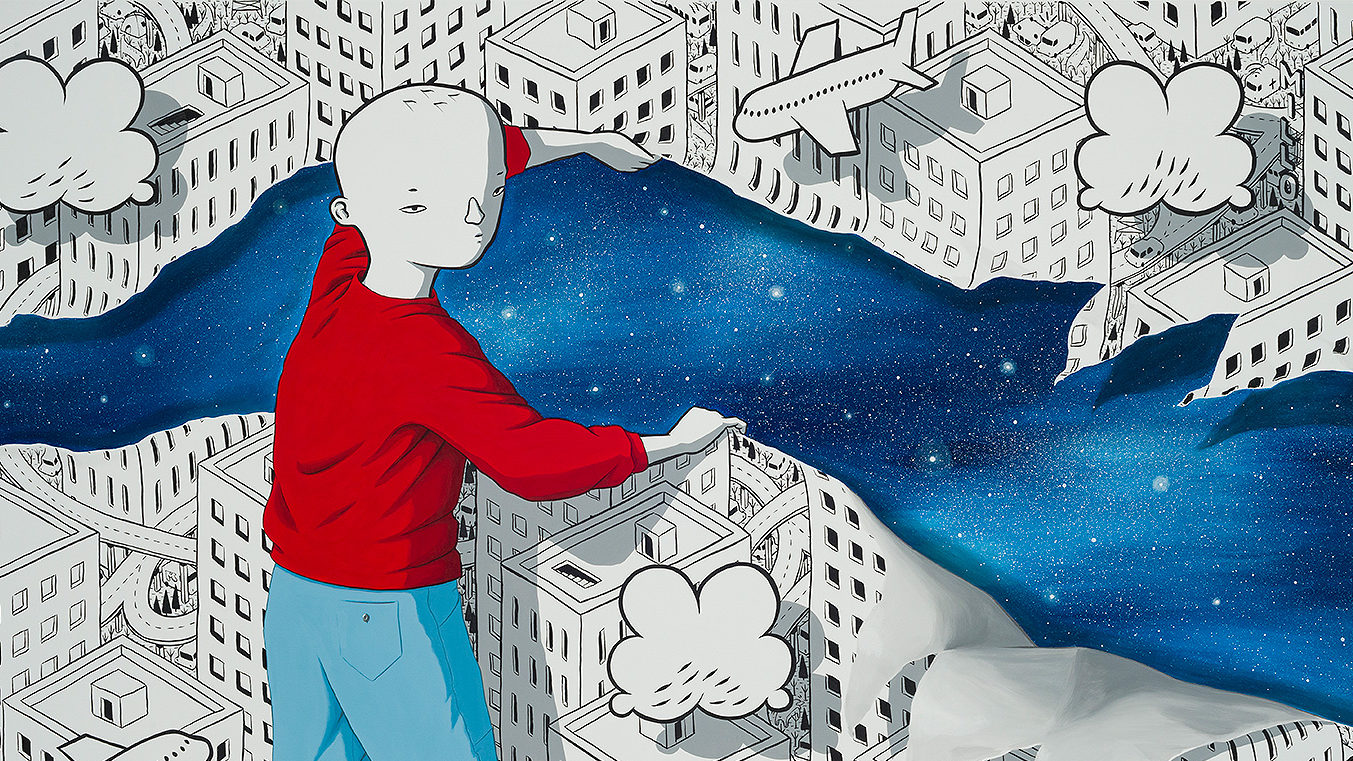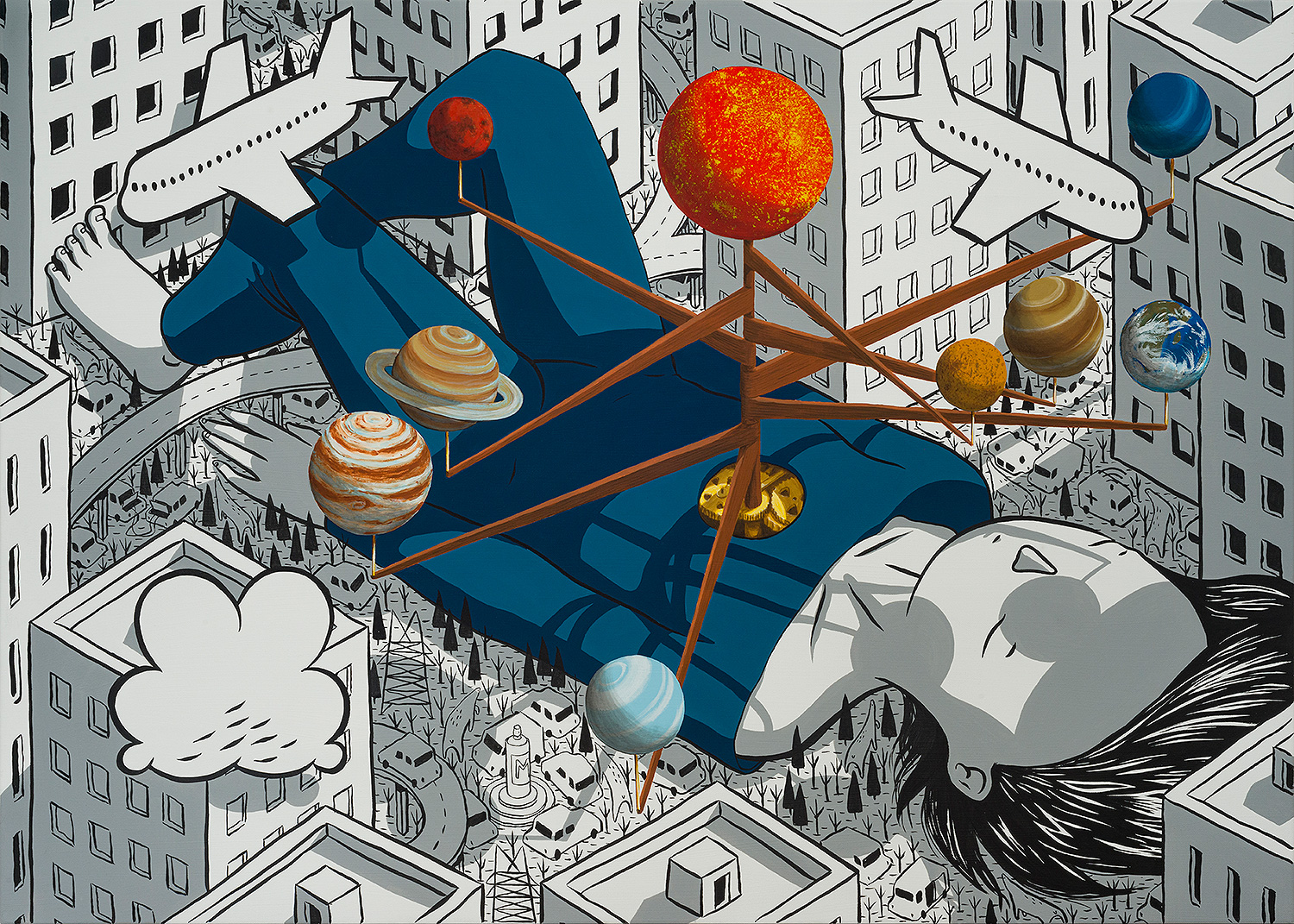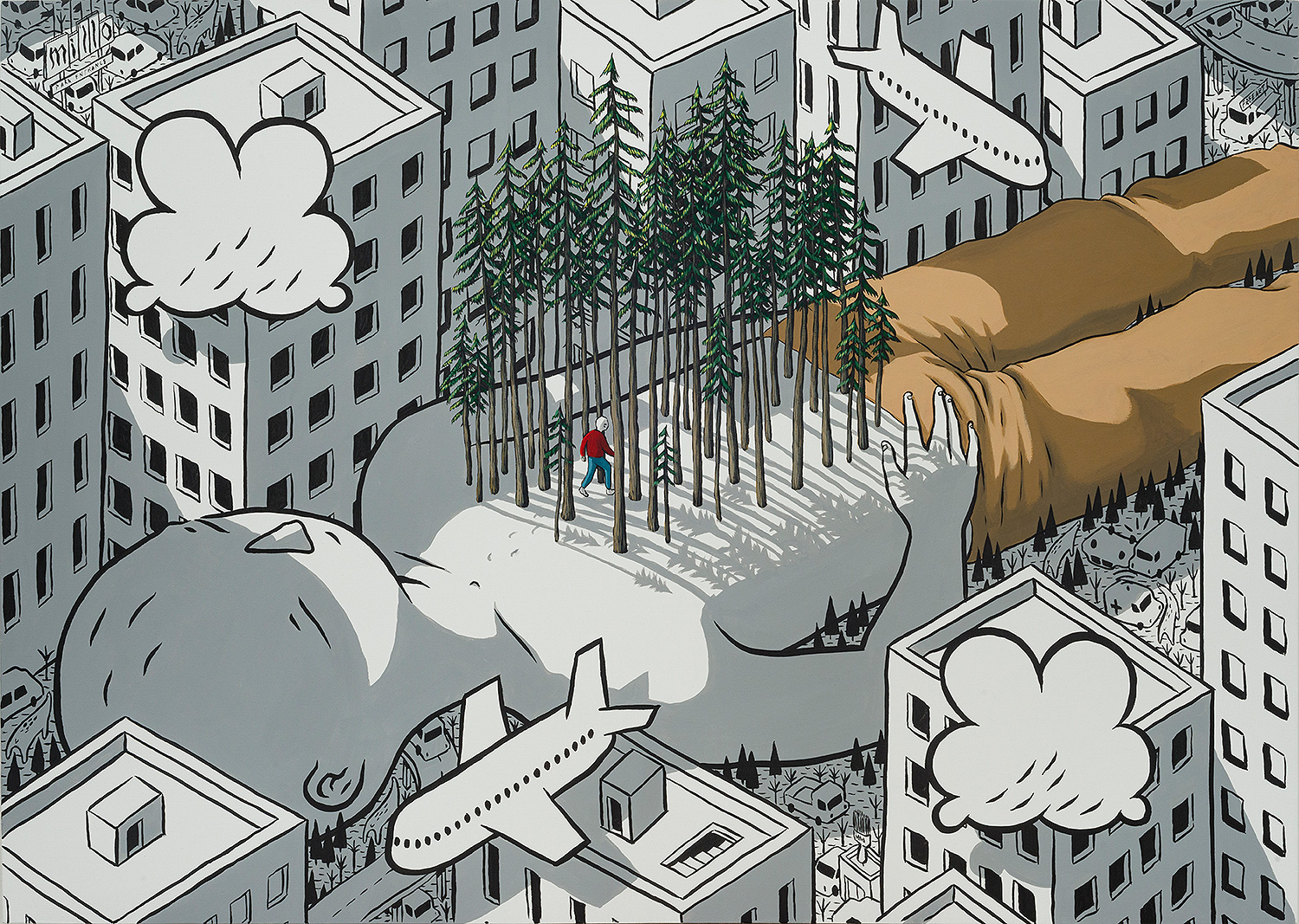Beyond the fears: thinking the unthinkable?
Is the provoking question suggested by the International Talk held by Ariele on October 22nd and 23rd, 2021 (Online – ZOOM).
Surfing through panel discussions, conversations, workshops and movie projections, participants will have the opportunity to discuss the raising of many of the contemporary fears as a possibility to envisage new relationships within the members of the society.
Starting from the results of a three—years research held by the Polis’ team of Ariele, the Talk will discuss how care-givers could play a significant role within the society.
In particular, the following topics will be explored in depth:
– How to promote an “active and reflective citizenship” among society (Opus UK)
– How to leverage on arts and narrative techniques to support the experience of the physicians during the time of Covid (Ariele Brasil)
– How to develop community welfare (Ariele Psicoterapia)
– How new relationships can unexpectedly stem from discrimination; how the younger generations foresaw the Covid pandemia months ahead; how cities are changing, together with the role of majors (Ariele – Polis Team)
The conversational settings offered by Ariele will host international guests from the US, UK, Brazil, Middle East, as well as Italy.
In the evening of October 22nd inspirational movies will be screened and discussed together.





